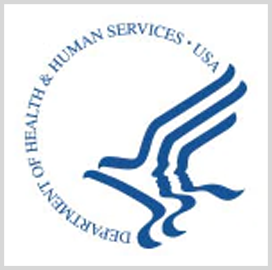The Department of Health and Human Services’ Office of the National Coordinator for Health Information Technology has finalized a rule to advance interoperability among health information technology systems and boost transparency in artificial intelligence and predictive algorithms.
HHS said Wednesday the HTI-1 rule establishes transparency requirements for AI algorithms used in certified health IT systems and revises specific information-blocking definitions and exceptions for information sharing.
Beginning in January 2026, the U.S. Core Data for Interoperability Version 3 will be the new baseline standard within the ONC Health IT Certification Program, according to the final rule.
The rule also requires that certified health IT developers report adopt a Condition of Certification to report certain metrics as part of their participation in the program.





